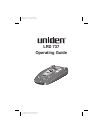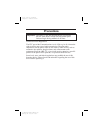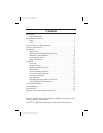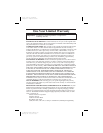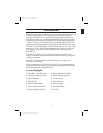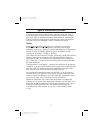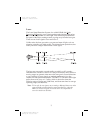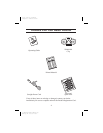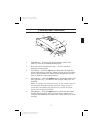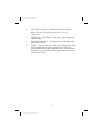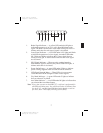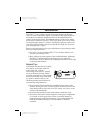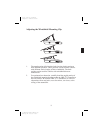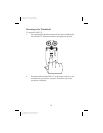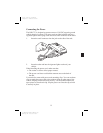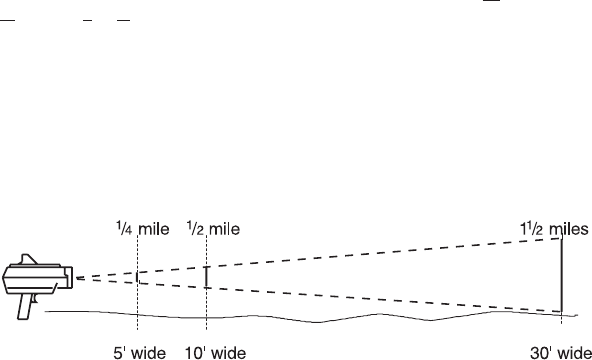
Laser
The Laser Speed Detection System, also called LIDAR (for Light
D
etection and Ranging), uses a laser gun that emits infrared light pulses
just outside the spectrum of visible light. Each reflected pulse measures
the speed of the object coming toward or going away from the laser gun.
There are two Laser signals: Laser and Laser 2.
Unlike radar, the laser gun emits a very narrow beam of light, so it can
pinpoint a speeding car within traffic. The infrared beam spreads out, but
slowly and over a longer distance than a radar signal.
The laser gun can acquire a speed reading as quickly as 0.3 seconds,
sometimes less. However, since it isn’t easy to accurately aim at and hit a
moving target, an operator often moves the laser gun in several directions
to get a reading. So laser signals are emitted continuously for a few
seconds for each speed measurement. The LRD 737 can detect these light
pulses from as far away as 1.5 miles, which is about four times the
effective range of a laser gun (2,000 feet), and about ten times its average
operating range (500-800 feet).
Note: To be safe, do not ignore any warnings. Although there are other
types of radar signals that may cause interference, when the
LRD 737 detects a signal, be on the alert. It is important to
exercise caution at all times.
3
C:\Manuals\LRD737\LRD737.vp
Wed Sep 22 15:35:30 1999
Color profile: Disabled
Composite Default screen



